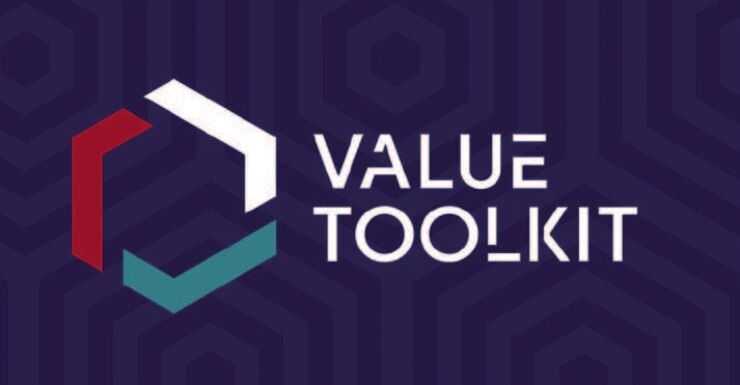
Following collaboration with over 200 industry partners, the UK Construction Innovation Hub published the Value Toolkit in June 2022 (Construction Innovation Hub, 2022). The toolkit provides a suite of tools that can be used by NEC clients to embed value decision making in the built environment.
The approach was endorsed by the UK government in an update to The Construction Playbook in September 2022, which strengthened the government’s commitment to transform how it assesses, procures, and manages public works projects and programmes, with the toolkit at its heart.
The toolkit’s outcome-based approach focuses public-sector NEC clients on wholelife value, performance, sustainability and cost. The playbook recommends clarity on clients’ ambitions without overly prescriptive specifications, and promotes the need for shared outcomes to encourage innovation and continuous improvement.
Shifting to outcome-based delivery
An output-based mindset is entrenched and has dominated the UK construction sector for a long time. There is enthusiasm to change but embedding the toolkit into real-life contracts remains a key challenge. It is clear that adopting an outcome-based approach will require a shift in this mindset. I therefore encourage all NEC users to promote thinking and behaviour that is more focused on society and on the value they deliver for their clients, and collectively shift away from cost as the primary driver behind decision making.
The toolkit provides a framework for reward and incentivisation linked to the measured delivery of outcomes, with benefits including: supporting clients to develop their desired outcomes; linking outcomes back to a project’s strategic objectives; promoting measurement strategies that capture how a client will measure the delivery of those outcomes; and establishing metrics that enable measurement of an outcome’s delivery.
With the responsibility for implementing an outcome-based approach falling to clients, The Construction Playbook recommends the use of the Value Toolkit to define value and inform early supply chain engagement. The toolkit provides the means for clients to articulate outcomes. I encourage all NEC users to take this to the next level and focus on translating outcomes into project delivery and contracts.
Outcome-based delivery in NEC
NEC users should focus efforts on building upon the clarity of outcomes and measurement of value provided by the Value Toolkit, while using the existing successful suite of NEC contracts to act as the framework for structured delivery of those outcomes. This evolution, rather than revolution, provides the familiarity of a tested methodology for delivering an outcome-focused approach and will drastically reduce barriers to adoption.
By way of an example, one area for focus could be creating a new way of embedding outcomebased payment mechanisms within existing NEC contracts, while ensuring this remains an effective win-win for contracting relationships. NEC is well structured to support this with the inclusion of secondary options X12 on multi-party collaboration, X20 on key performance indicators (KPI), X17 on low performance damages and X29 on climate change performance.
Using the Value Toolkit to develop desired outcomes, measurement strategies and KPIs, and then using NEC secondary options to embed these within a contract, will set the scene for the successful adoption of an outcome-based approach. See for example Sellafield’s solution to this on page 4 and Richard Patterson’s suggestions on page 9 for broader use of option X29.
A chance for a step change
Embracing outcome-based delivery will represent a step change for industry and NEC users in particular. It will introduce new challenges and opportunities when administering contracts; but innovating around these while restructuring business models can make it work.
I would like to thank Conor McCarthy at WSP which, as an organisation, has been researching the alignment of the Value Toolkit with the NEC suite of contracts to inform the implementation of an outcome-based approach to project and programme delivery. Conor will be discussing this further in an upcoming podcast as part of the NEC podcast series, so be sure to tune in.
References
Construction Innovation Hub (2022) Value Toolkit. UK Research and Innovation, Swindon, UK, https://constructioninnovationhub.org.uk/valuetoolkit
HM Government) (2022) The Construction Playbook: Government Guidance on Sourcing and Contracting Public Works Projects and Programmes, version 1.1. Cabinet Office, London, UK, https://www.gov.uk/government/publications/the-construction-playbook



